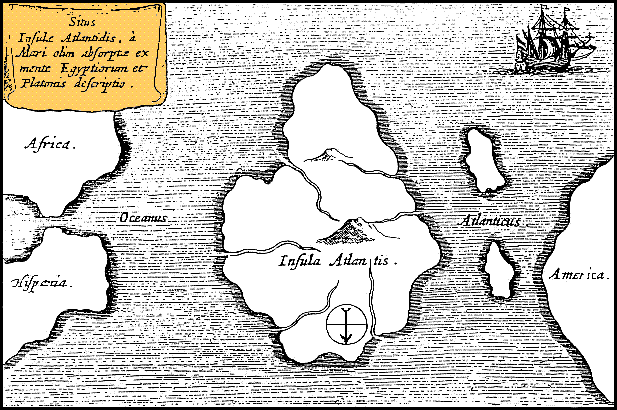I had another emergency trip to the states and it seems like when I got back to Montreal the topic of licensing the media had exploded while I was gone.
Previously the idea was an insider issue – something that affected journalists that was being discussed or proposed by journalists (which is why it galled me more than a bit). When Quebec Minister of Culture and Communication Christine St-Pierre mentioned public consultation as thegovernment moved forward with its implementation of regulations, people suddenly began to take serious notice.
The National Post wrote about it, and media personality Ezra Levant compared this sort of behaviour by a government as the sort of thing the Soviet Union would do, and attacked the CBC (for whom Dominique Payette worked -- she is the author of the report that originally proposed accreditation) as indoctrinating these sorts of ideas. Montreal media blog staple Steve Faguy, who weighed in on it long before I ever did, was interviewed by Levant, .
As a native of the United States, I have to say these reactions are fascinating. The regulation of the press is a constant topic of discussion – but it is generally a bipartisan topic of discussion. Fox News would oppose it the same way the Huffington Post would.
But you can read a lot into Quebec’s unique culture by looking at how this debate is being framed here: the most vehement backlash against press regulation is coming from the right wing. And support for it is coming from the government sector and elements of the left wing, who view it as a way to ensure that their livelihoods aren’t squeezed by the rank amateurs of the blogosphere.
Here are two examples that come to mind that illustrate some of these distinctions:
During the Vietnam War, Harvard-trained economist Daniel Ellsberg did research for the U.S. federal government. A former U.S. Marine, Ellsberg became increasingly disturbed that the federal government wasn’t telling the public the whole story about the war, and he leaked stacks of documents to The New York Times. After an initial story ran, the Nixon administration actually enforced a publication ban that was lifted after the U.S. Supreme Court handed down a now-famous decision. The Pentagon Papers scandal led Americans to re-think the war and became Exhibit A in J-school concerning the media’s role as the Fourth Estate. What the government did, stopping the presses, is one of those things that journalism professors point to today as an unconscionable and unforgivable stain on the U.S. legal and media landscape. Ellsberg remains one of the patron saints of the U.S. left wing.
Flip forward to Montreal about 30 years later, where there was an executive scandal of a different variety. The nature of that scandal was fairly straightforward – staring down the barrel of Quebec’s 1995 referendum on sovereignty, Canada's Liberal government secretly allocated millions in public funds to wage a PR campaign in Quebec in an effort to promote federalism. This became known as the SponsorshipScandal. The Sponsorship Scandal included signs of its own time, just as the Pentagon Papers did. As the commission investigating the facts conferred, it embargoed the media present from publishing any of the deliberations. But a conservative blogger in the states caught wind of what was going on in the room and wrote about the proceedings anyway. People were getting its news on the scandal from a blog in a foreign country.
NOTE: I can offer a link to the blog post here, but interestingly enough you won’t be able to view it on a Canadian server because, as my browser informs me, the “page cannot be displayed.” You can view the link on a U.S. server.
Probably more than anything else, the foregoing situations illustrate the difference between the attitudes concerning the media in the two countries: public order is viewed as more of a priority in Canada, and reporters follow government embargoes. Especially in Quebec, the government is viewed as a protective, perhaps even a progressive force in some sectors.
In the states the surest way to get anything into print is for the government to tell a reporter or an editor what they can and can’t print. If the President of the United States called up a journalist at The Big City Paper to say it is prohibited from ever describing the Lost City of Atlantis as the capital of the United States, in the next day’s edition ATLANTIS would be on almost every dateline -- with a profile of Mayor Aquaman in the Life section.
 |
| I just wonder where the Caps would play... |
The U.S. press does not generally honour publication bans, as The New York Times demonstrated with the Pentagon Papers (and when it put its imprimatur on information acquired by Wikileaks). Of course, the Canadian government never went to war in Vietnam, either.
In the states the mistrust of the government is something that is worn on the sleeve of almost every journalist – even the ones in public broadcasting – to an extent that doesn’t exist here. It would be naïve to believe that south of the border one political group champions the ideology of an unfettered press over another. In Quebec media this issue is being couched in terms of getting the government involved in protecting society from the Man. In the states an unregulated media is viewed as a way to protect society from the government, who by extension is the Man.
I still retain my opinions on this matter, but I find it’s important to appreciate these ideas in their own contexts. I’ve already said my piece on how I feel about accrediting journalists. Now I get to sit back and watch what unfolds…